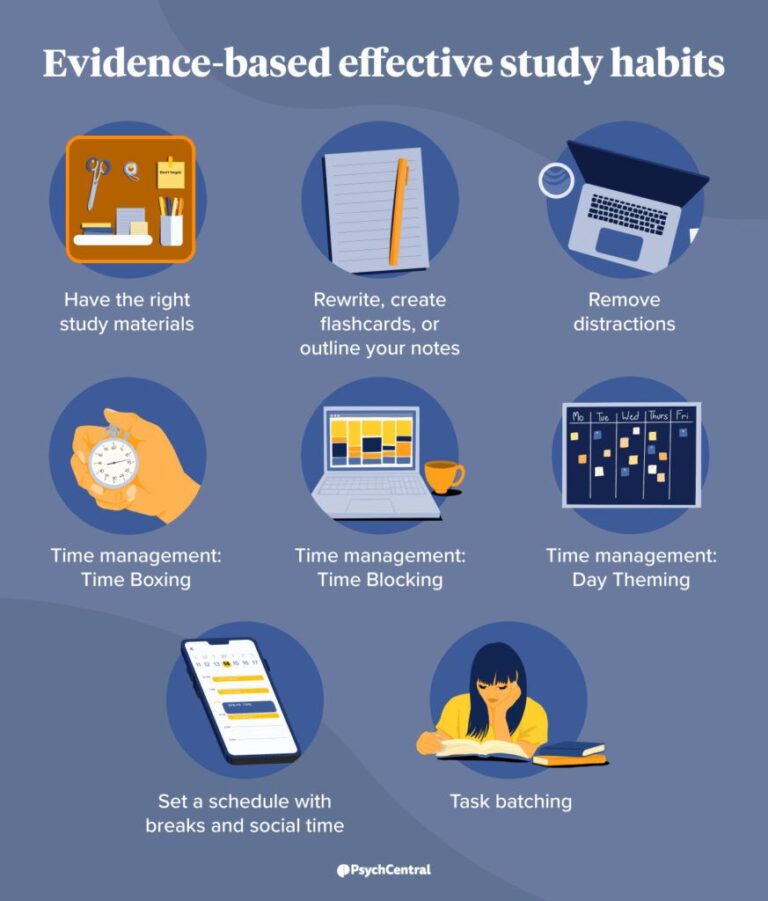Mobile Apps Transforming the Education Sector: A Revolution in Learning
Mobile apps are revolutionizing the education sector by providing accessible, flexible, and personalized learning experiences. With smartphones and tablets becoming integral parts of daily life, education apps are allowing students, teachers, and parents to engage with learning materials in a more interactive and efficient manner. These apps offer innovative ways to enhance education by enabling online learning, instant communication, and easy access to educational resources. Whether it’s for remote learning, self-paced education, or classroom management, mobile apps are reshaping how we approach education in the 21st century. In this article, we explore how mobile apps are transforming the education sector and the many benefits they bring to students, educators, and parents alike.
How Mobile Apps Enhance Learning for Students
One of the most significant ways mobile apps are transforming education is by providing students with personalized and interactive learning experiences. These apps enable students to access educational content anytime, anywhere, allowing them to learn at their own pace. Many mobile apps also include interactive features such as quizzes, videos, and games that make learning more engaging. Whether it’s mastering a new language, learning math concepts, or studying for exams, mobile apps provide tools that make complex subjects easier to understand and more enjoyable. As a result, students are better equipped to retain information and engage with the material in a more meaningful way.
The Role of Mobile Apps in Facilitating Remote Learning
The COVID-19 pandemic highlighted the importance of remote learning, and mobile apps played a crucial role in this shift. With schools and universities forced to close their doors, mobile apps allowed students to continue their education without interruption. Video conferencing platforms like Zoom and Google Meet, along with learning management systems (LMS) such as Moodle and Canvas, became indispensable for virtual classrooms. Mobile apps also offer collaborative tools that help students and teachers stay connected, fostering interaction even in online settings. These apps have not only made remote learning more accessible but have also laid the foundation for a future where online education becomes a mainstream option.
Empowering Teachers with Mobile Technology
Teachers also benefit from mobile apps, as they offer a wide range of tools for managing classrooms, grading assignments, and communicating with students. Mobile apps streamline administrative tasks, allowing teachers to spend more time focusing on teaching rather than paperwork. For example, apps like Google Classroom and Edmodo make it easy for teachers to assign homework, provide feedback, and track student progress. Additionally, mobile apps give educators access to a wealth of online resources, including teaching materials, lesson plans, and educational videos, which they can use to enhance their lessons and engage their students more effectively.
Mobile Apps and Parental Involvement in Education
Mobile apps are not only transforming the classroom experience but also helping parents become more involved in their children’s education. Parent communication apps like ClassDojo and Remind allow parents to receive real-time updates on their child’s progress, behavior, and upcoming assignments. These apps help parents stay informed about their child’s academic life and provide a way for them to communicate directly with teachers. Furthermore, many apps also provide learning resources that parents can use to support their child’s education at home, such as homework help or skill-building activities. By fostering a strong connection between parents, teachers, and students, mobile apps help ensure that all parties are actively engaged in the student’s learning journey.
The Future of Education: Mobile Apps as a Catalyst for Innovation
As technology continues to evolve, mobile apps will play an even greater role in the future of education. The use of artificial intelligence (AI), machine learning, and data analytics in mobile apps is already providing students with personalized learning experiences based on their individual strengths and weaknesses. In the future, we can expect more adaptive learning technologies that use data to offer tailored educational content in real time. Additionally, mobile apps will continue to evolve with features like augmented reality (AR) and virtual reality (VR), which have the potential to transform the learning experience by providing immersive, hands-on learning opportunities in a virtual environment. The possibilities are endless, and mobile apps will undoubtedly continue to drive innovation in the education sector.
Frequently Asked Questions (FAQs)
1. How do mobile apps benefit students?
Mobile apps provide students with personalized, interactive, and engaging learning experiences. They enable students to access educational content anytime and anywhere, promoting self-paced learning and enhancing their understanding of complex subjects.
2. How have mobile apps improved remote learning?
Mobile apps have made remote learning more accessible by providing platforms for video conferencing, collaboration, and accessing learning materials. They allow students and teachers to stay connected, fostering a more effective virtual classroom experience.
3. Can mobile apps help teachers with classroom management?
Yes, mobile apps help teachers streamline administrative tasks, such as grading, assigning homework, and tracking student progress. They also provide access to teaching resources that can enhance lessons and improve student engagement.
4. How do mobile apps facilitate parental involvement in education?
Mobile apps like ClassDojo and Remind allow parents to receive real-time updates on their child’s academic progress and communicate directly with teachers. These apps foster stronger connections between parents, teachers, and students, helping parents stay involved in their child’s education.
5. What is the future of mobile apps in education?
The future of mobile apps in education is filled with possibilities. With the integration of AI, machine learning, AR, and VR, mobile apps will continue to evolve, offering more personalized learning experiences, immersive environments, and advanced educational tools.


